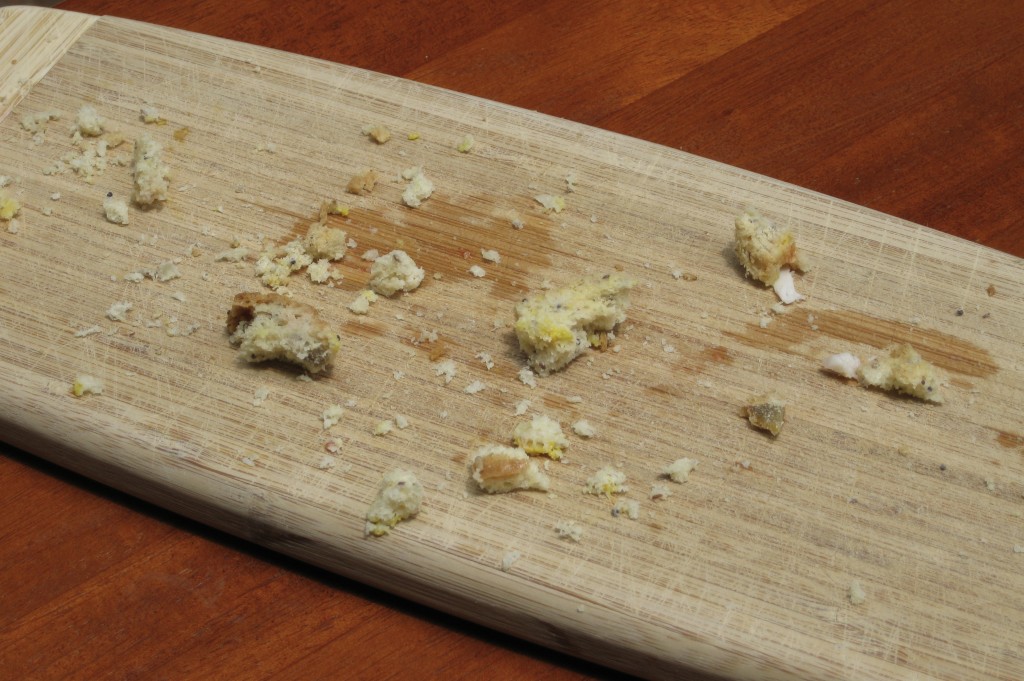Two years ago we wrote a post on the foolishness of getting caught up in topical and exciting initial public offerings. And this was back when Facebook was still privately held.
For the unsophisticated among you, yet another piece of knowledge that’s so obvious it’s easy to miss:
Your bank account understands only numbers. It doesn’t care about social buzz, popularity, trendiness, your Pinterest board, what Jay-Z has to say about diversification, or what your friends are doing (especially what your friends are doing.) That bank account is antiseptic and uninterested (disinterested, really) in your workaday concerns. It only sits there. It doesn’t even necessarily want to grow. Great if it does grow, but getting it to do so is your problem. Your financial balances don’t want to grow because they don’t want to do anything. They have no capacity for desire, nor any other emotion. And with respect to money, neither should you.
Seriously, what is the point of snapping up Zynga stock the moment it goes on sale? For a lot of people, it goes no deeper than “Here’s this product/service that I use, and now shares of the company that makes it are available for purchase. Therefore, I can take both figurative and literal ownership of it, and derive validation that way.” If it’s important for you to self-identify as an avant-garde shareholder, in tune with the New Economy, Business 2.0, stop reading. You’re going to hurt yourself.
Folks, we’re in this for one thing only. MONEY. It’s all that matters, at least for our purposes. Otherwise go find a personal fulfillment blog or one of those unreadable debt blogs instead. Here’s one to get you started.
Back to the summer of 2011. It was a simpler time. Prince William and the incipient Duchess of Cambridge had just moved out of their parents’ places and in together. South Sudan didn’t yet exist as an independent nation. Amy Winehouse still had a pulse. And Crumbs Bakery went public.
Our parents’ generation had little trouble discerning between Things of Importance (work, responsibility, knowing how to fix a carburetor) and Trivialities (self-expression, keeping your friends apprised of your hour-to-hour activities.) Cupcakes were on the latter list, and near the bottom.
We maintained that a business predicated on the creation and delivery of cupcakes was something better suited for prepubescent neighborhood girls than for a NASDAQ-listed company. Or for a NASDAQ Capital Market-listed company. (That’s the real NASDAQ’s developmentally delayed cousin.)
Crumbs went in the toilet, and quickly. It took 2 months to lose half its value, which it never regained. In fact, it took another 6 months to lose half its value again. It’s since lost yet another half of its value and then some, making Crumbs stock a Zeno’s Tortoise of sorts.
Why was this an awful investment? Well, we already told you way back then, but if you didn’t click the link:
- The company expanded way too quickly.
- It doesn’t take a tenured college professor to determine that cupcake demand is pretty elastic. The lower your income falls, which it likely has if you’ve lived in the United States since Crumbs’ inception, the smaller the ratio of it you’re going to spend on sugary treats.
- Barriers to entry? Any idiot with a pan and some non-stick spray can bake muffins.
- You’re probably fat. Eat some celery instead.
Our recommendation instead was to invest in Crumbs’ antithesis. A company beyond uncool. There isn’t even any room for this company on the hipness continuum. You can’t savor their products, or even touch most of them. McKesson distributes wholesale drugs and medical supplies. And it sells clinical software to hospitals, too. Is that getting you excited? If not you, then how about the lifestyle editor at The New York Times Magazine? Did Sex & The City ever do an episode about workflow management for osteopaths?
McKesson is up 38% in the last year and a half, or about 12,800 basis points more than Crumbs. If we told you one of these companies would be bankrupt in a year – McKesson, which pulls in $122 billion annually; or Crumbs and its $14 million market capitalization, with operating expenses that eat up its gross profit and then some every quarter – which would you pick?
People like to think they want more money than they currently have. But in practice, lots don’t. The ones who dabble in investing, more properly dubbed speculating in their cases, mostly have motivations other than that of increasing their net worth. We aren’t completely sure what those motivations are, and we don’t care. The road to building wealth doesn’t have to be glamorous to be effective, and probably shouldn’t. If everyone’s talking about an investment, it doesn’t mean it’s worth investing in. It doesn’t necessarily mean that it’s not worth investing in, either, but maybe you should use measuring sticks other than public natter.





